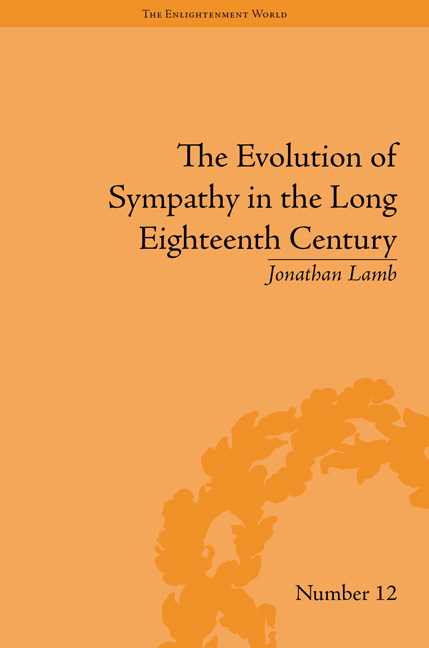Conclusion
Summary
The argument of this book has pursued rival approaches to the passions which for want of better I have grouped under headings of the Cartesian and the Humean. The Cartesian approach is to put reason and the will at the apex of those attributes it wishes to define as human; the other puts passion in the place of reason and sympathy in the place of will, and operates with a much looser and more extensive idea of what it belongs to humanity to feel and to do. By running the discussion from the seventeenth to the twenty-first centuries, leaping over a few notable gaps in between, I have tried to show that this rivalry has never disappeared, although it may have been translated into different terms and idioms. No one interested in sympathy will ever have much time for a belief in the pure efficacy of the will and the irreducible core of personal identity; contrariwise someone who acts on the assumption that intentions, actions and consequences provide the basis of all intelligible narratives will not want to be seduced by sympathy into the muddle of persons and unintended outcomes it entails. We have seen how this division has inflected other disciplines such as natural history, where the Linnaean taxonomy upheld by one school as evidence of the perfection of divine will is put aside by another as a false symmetry, neglectful of the abundant surprises that natura naturans is capable of providing. On the other hand, without Linnaeus's combination of extensive information and ingenious systematization, it is doubtful whether there would have been so much interest in fashioning alternative accounts of species. The triumph of the human will associated with various scientific and imperial enterprises has regularly been confronted by the ruin that time and chance make of the best endeavours – this is the theme of much of Swift's satire – on the other hand, without enterprise and the use of reason there are benefits human society would have been missing sadly, as Smith points out.
So the lines between the two positions have never really been drawn so definitely as to exclude elements of the other.
- Type
- Chapter
- Information
- The Evolution of Sympathy in the Long Eighteenth Century , pp. 141 - 150Publisher: Pickering & ChattoFirst published in: 2014



